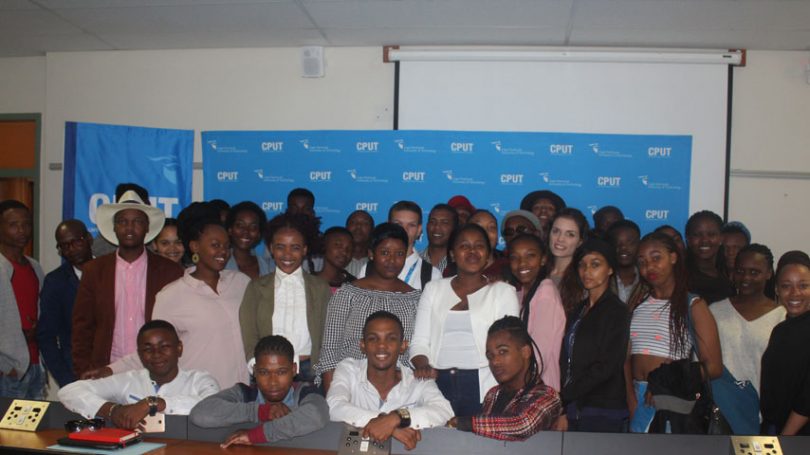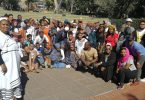The Bachelor of Paralegal Studies, which is the first degree of its kind on the continent, was recently launched for students on the Bellville Campus.
The three-year degree, is offered by the Unit of Applied Law in the Faculty of Business and Management Sciences.
Ivan van der Heever, Associate Dean of the Faculty of Business and Management Sciences, congratulated the students for making it to the new course which he described as a big milestone for CPUT and the country.
He urged them to make their studies their first priority and not be distracted by parties and romantic relationships.
“The focus should be to be successful in your course of study,” he said.
Hajiera Davids, a Community-based Paralegal in the Heideveld Advice Office since 1985, told the students that the degree will teach them about the norms of the profession.
Davids warned the students to be vigilant as human rights were being violated every day and cited the access to water and unlawful evictions as examples.
She said that paralegals previously started their training with a Street Law Project at UWC before attending the then Potchefstroom University for further training.
“We learnt a lot more from our fellow community members than academics,” she said.
Dr Bernard Martin, former Dean of Law at UWC, congratulated the unit for introducing the degree which he said will be an important qualification to have.
He added that the degree was a great stepping stone. “At some stage you may do your LLB degrees but you may stay there if you think the community is where your heart is,” he said.
Justice Albie Sachs, a retired Constitutional Court Judge, recounted how the struggle against apartheid led to him meeting the leaders of the liberation movement such as Nelson Mandela and Oliver Tambo who were from a totally different background from his.
He said that even in jail white political prisoners enjoyed some degrees of privileges which were not offered to their black counterparts.







